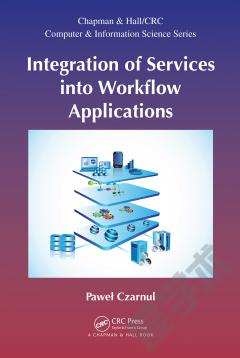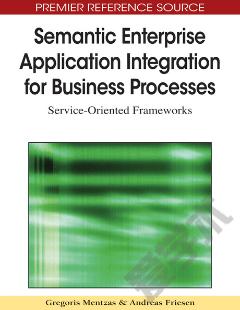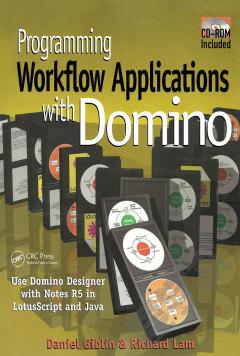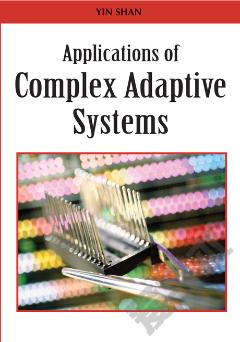Integration of Services into Workflow Applications
Describing state-of-the-art solutions in distributed system architectures, Integration of Services into Workflow Applications presents a concise approach to the integration of loosely coupled services into workflow applications. It discusses key challenges related to the integration of distributed systems and proposes solutions, both in terms of theoretical aspects such as models and workflow scheduling algorithms, and technical solutions such as software tools and APIs. The book provides an in-depth look at workflow scheduling and proposes a way to integrate several different types of services into one single workflow application. It shows how these components can be expressed as services that can subsequently be integrated into workflow applications. The workflow applications are often described as acyclic graphs with dependencies which allow readers to define complex scenarios in terms of basic tasks. Presents state-of-the-art solutions to challenges in multi-domain workflow application definition, optimization, and execution Proposes a uniform concept of a service that can represent executable components in all major distributed software architectures used today Discusses an extended model with determination of data flows among parallel paths of a workflow application Since workflow applications often process big data, the book explores the dynamic management of data with various storage constraints during workflow execution. It addresses several practical problems related to data handling, including data partitioning for parallel processing next to service selection and scheduling, processing data in batches or streams, and constraints on data sizes that can be processed at the same time by service instances. Illustrating several workflow applications that were proposed, implemented, and benchmarked in a real Beesy Cluster environment, the book includes templates for multidisciplinary workflow applications that readers can use in a wide range of contexts.
{{comment.content}}








 京公网安备 11010802027623号
京公网安备 11010802027623号